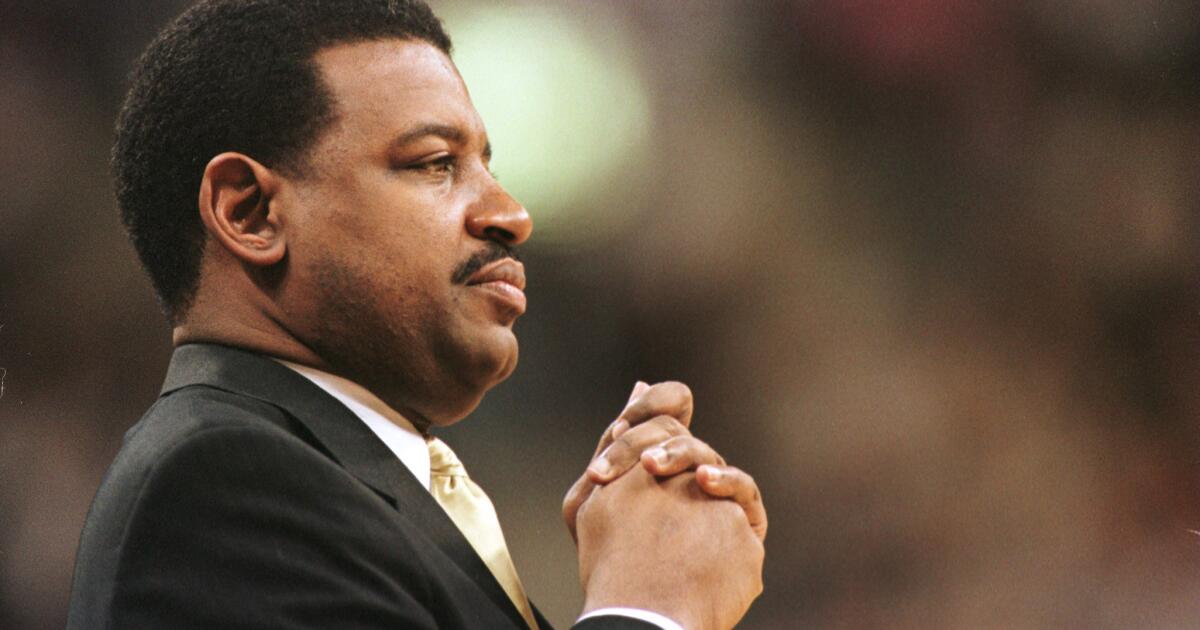JOHANNESBURG (Reuters) – The long queues of voters recalled South Africa’s 1994 ballot that ended white minority rule and ushered in democracy, but for many, gratitude to the ruling African National Congress (ANC) for their historic liberation is wearing thin.
As South Africans cast their ballots on Wednesday in the country’s most unpredictable election in three decades of democracy, even some of those proud of Nelson Mandela’s legacy party for the struggle against apartheid were losing patience with economic and social problems it has since failed to fix.
“When we voted in 1994 it was about Mandela. This is not the Mandela era anymore, things have changed for the worse,” said Melanie Ross, 53, a teacher, speaking of the country’s first democratic president, who spent 32 years in jail for fighting apartheid.
“I had so much trust in (President) Cyril Ramaphosa but … maybe a change is good,” she said at a polling station in the working class Cape Town suburb of Kewtown, home mainly to members of the mixed race community known in South Africa as coloured.
Just how many once loyal supporters of the ANC share this sentiment could play a significant role in determining its fortunes. Pollsters expect it to lose its parliamentary majority, forcing it into a coalition with one or more smaller parties.
Lwando Bangani, 29 and unemployed in the city of East London in the main ANC heartland, was a lifelong ANC voter but was now defecting to the Democratic Alliance (DA), “because I want to see the ANC coming below 50%.”
In Northcliff, a leafy Johannesburg suburb flanked by rocky hills, 60-year-old consultant Nathan Samuel also said he’d been voting ANC his entire life, as a South African of Asian descent who opposed apartheid.
“I come from that era … The ‘Free Mandela’ campaign was a big part of my life,” he said. But now: “I want to vote change. For me, change means moving the ruling party to the opposition benches.”
Other voters said they expect the ANC would still win a majority, but expected it would be chastened by losing some support.
“Obviously the ANC won’t be thrown out but it can be reduced,” said Sibusiso Mkhwanazi, 33, in the tree-lined suburb of Craighall Park.
“BAD APPLES”
Despite widespread discontent at persistent poverty and inequality, high unemployment and erratic power supply, analysts say there are so many uncertainties that making predictions about the size of the ruling party’s vote loss is foolhardy.
The electoral commission said on Wednesday that early indications suggested turnout would be higher than the 66% who voted in the 2019 election – a scenario Ipsos says would work against the ANC.
Ebrahim Fakir of South Africa’s Auwal Socio-Economic Research Institute, who predicts a slim ANC majority, doubts that.
“We don’t know if these voters are now turning out in order to reward or punish (the ANC),” he said. “They might be turning out to punish … or they could be giving them one last chance,” and he thinks it is more likely to be the latter.
That would be the view of Marie Murdoch, a 76-year-old Johannesburg retiree from the brewery business, who said Ramaphosa deserved “time to finish the job” after moving to rid the ANC of corrupt figures: “He has had a lot of trouble getting rid of the bad apples.”
If the ANC slips below 50%, which party will be kingmaker will depend both on how many extra seats it needs and which of the opposition parties it dislikes least. Among the potential coalition partners are the pro-business Democratic Alliance, the Marxist Economic Freedom Fighters and the Zulu nationalist Inkatha Freedom Party.
(Reporting and writing by Tim Cocks; additional reporting by Wendell Roelf in Cape Town, Tannur Anders in Johannesburg, Johnnie Isaac in East London and Thando Hlophe in Durban; Editing by Silvia Aloisi and Peter Graff)

